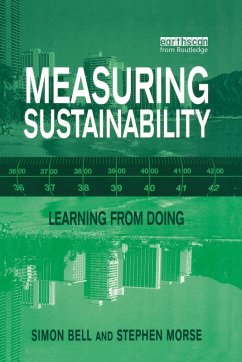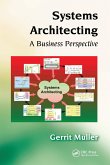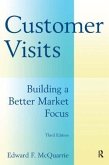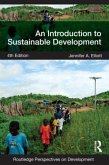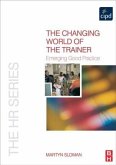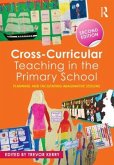'Measuring the sustainability of development is crucial to achieving it, and is one of the most actively studied issues in the area. To date, most studies of measurements or indicators have been largely theoretical. However, this book, a follow-on to Bell and Morse's highly influential Sustainability Indicators (1999), presents valuable practical advice on how to develop measurements that will work in real-life development contexts. It describes and analyses how to derive, validate and apply indicators in the course of an actual development project - in this case the Mediterranean Action Plan in Malta. The authors explain the trade-offs and constraints involved and how it is possible to combine the open-ended and flexible perspectives of sustainability with the more linear processes and fixed targets of specific projects through the use of pragmatic and reflective methodologies.
Presents valuable practical advice on how to develop measurements that will work in real-life development contexts.' Natural Resources Journal 'The colourful and reflective presentation of the process - which brought people together in defining their own set of sustainability indicators and helped them apply these indicators in policy making - is the most valuable contribution of the book to the increasing field of works in the indicator business.' Peter Hardi, PhD, Director, Measurement and Indicator Program, International Institute for Sustainable Development

